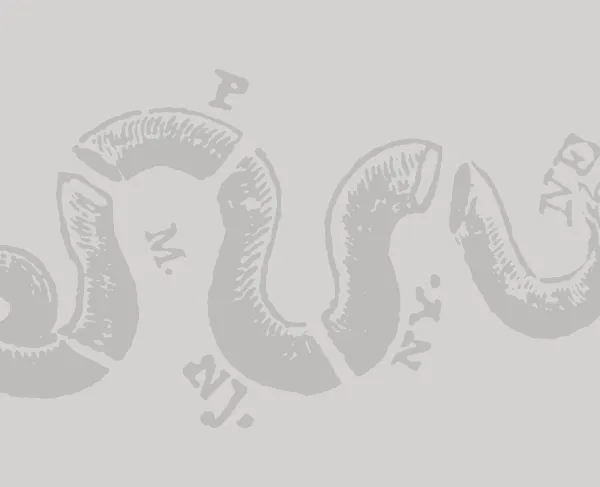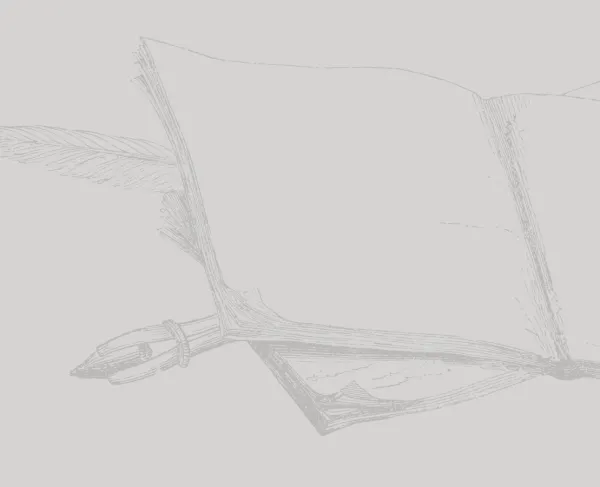Waxhaws: "Not a man was spared"

Dr. Robert Brownfield wrote the following account of the Battle of Waxhaws to Judge William Dobein James sometime after 1787 and before 1821.
Spelling and punctuation is original.
Dear Sir,
In obedience to your request, I send you a detailed account of the defeat and massacre of Col. Buford's regiment, near the borders of North Carolina, on the road leading from Camden to Salisbury. This regiment consisting of three hundred and fifty men, well appointed and equipped, had marched from Virginia for the relief of Charleston, and had advanced to Santee, where they were met by intelligence of the surrender; a retreat then became unavoidable.—Between this place and Camden they fell in with Gen. Caswell, at the head of about seven hundred North Carolina militia, whose object had been the same, and whose retreat became equally imperious. At Camden these two corps unfortunately separated; Caswell filed off to Pedee, and Buford pursued the road to Salisbury. This measure was accounted for by the want of correct intelligence of Tarleton's prompt and rapid movements, who was in full pursuit with three hundred cavalry, and each a soldier of infantry behind him.—Neglecting Caswell and his militia, the pursuit was continued after Buford to the Waxhaw. Finding he was approximating this corps, he despatched a flag, saying he was at Barclay's with seven hundred men, and summoned them to surrender on the terms granted to the garrison in Charleston. Buford immediately laid the summons before a council of his officers with three distinct propositions from himself:—Shall we comply with Tarleton's summons? Shall we abandon the baggage, and, by a rapid movement, save ourselves? or, shall we fortify ourselves by the waggons, and wait his approach?
The first and second were decidedly rejected by the unanimous voice of the council, declaring it to be incompatible with their honour as soldiers, or the duty they owed their country, either to surrender or abandon the baggage on the bare statement of Tarleton. They had no certainty of the truth of his assertion, and that it might be only a ruse de guerre to alarm their fears and obtain a bloodless victory. The third was also negatived on the ground, that although they might by this means defend themselves against Tarleton, but as no succour was near, and as Tarleton could, in a short time, obtain reinforcements from Cornwallis, against which no effectual resistance could be made, this measure would be unavailable.
The discussion soon resulted in a resolution to continue the march, maintaining the best possible order for the reception of the enemy. In a short time Tarleton's bugle was heard, and a furious attack was made on the rear guard, commanded by Lieut. Pearson. Not a man escaped. Poor Pearson was inhumanely mangled on the face as he lay on his back. His nose and lip were bisected obliquely; several of his teeth were broken out in the upper jaw, and the under completely divided on each side. These wounds were inflicted after he had fallen, with several others on his head, shoulders, and arms. As a just tribute to the honour and Job-like patience of poor Pearson, it ought to be mentioned, that he lay for five weeks without uttering a single groan. His only nourishment was milk, drawn from a bottle through a quill. During that period he was totally deprived of speech, nor could he articulate distinctly after his wounds were healed.
This attack gave Buford the first confirmation of Tarleton's declaration by his flag. Unfortunately he was then compelled to prepare for action, on ground which presented no impediment to the full action of cavalry. Tarleton having arranged his infantry in the centre, and his cavalry on the wings, advanced to the charge with the horrid yells of infuriated demons. They were received with firmness, and completely checked, until the cavalry were gaining the rear. Buford now perceiving that further resistance was hopeless, ordered a flag to be hoisted and the arms to be grounded, expecting the usual treatment sanctioned by civilized warfare. This, however, made no part of Tarleton's creed. His ostensible pretext, for the relentless barbarity that ensued, was, that his horse was killed under him just as the flag was raised. He affected to believe that this was done afterwards, and imputed it to treachery on the part of Buford; but, in reality, a safe opportunity was presented to gratify that thirst for blood which marked his character in every conjuncture that promised probable impunity to himself. Ensign Cruit, who advanced with the flag, was instantly cut down. Viewing this as an earnest of what they were to expect, a resumption of their arms was attempted, to sell their lives as dearly as possible; but before this was fully effected, Tarleton with his cruel myrmidons was in the midst of them, when commenced a scene of indiscriminate carnage never surpassed by the ruthless atrocities of the most barbarous savages.
The demand for quarters, seldom refused to a vanquished foe, was at once found to be in vain;—not a man was spared—and it was the concurrent testimony of all the survivors, that for fifteen minutes after every man was prostrate. They went over the ground plunging their bayonets into every one that exhibited any signs of life, and in some instances, where several had fallen one over the other, these monsters were seen to throw off on the point of the bayonet the uppermost, to come at those beneath. Capt. Carter, who commanded the artillery and who led the van, continued his march without bringing his guns into action; this conduct excited suspicions unfavourable to the character of Carter, and these were strengthened by his being paroled on the ground, and his whole company without insult or injury being made prisoners of war. Whether he was called to account for his conduct, I have never learnt. These excepted, the only survivors of this tragic scene were Capts. Stokes, Lawson and Hoard, Lieuts. Pearson and Jamison, and Ensign Cruit.
To consign to oblivion the memory of these gallant suffering few would be culpable injustice. When men have devoted their lives to the service of their country, and whose fate has been so singularly disastrous; there is an honest anxiety concerning them, springing from the best and warmest feelings of our nature, which certainly should be gratified. This is peculiarly the truth in regard to Capt. John Stokes, although in his military character perhaps not otherwise distinguished from his brother officers, than by the number of his wounds and the pre-eminence of sufferings. He received twenty-three wounds, and as he never for a moment lost his recollection, he often repeated to me the manner and order in which they were inflicted....
(Signed,)
R. Brownfield.
Source:
A Sketch of the Life of Brig. Gen. Francis Marion by William Dobien James (1821); letter from Robert Brownfield included in the Appendix.
Related Battles
316
17




